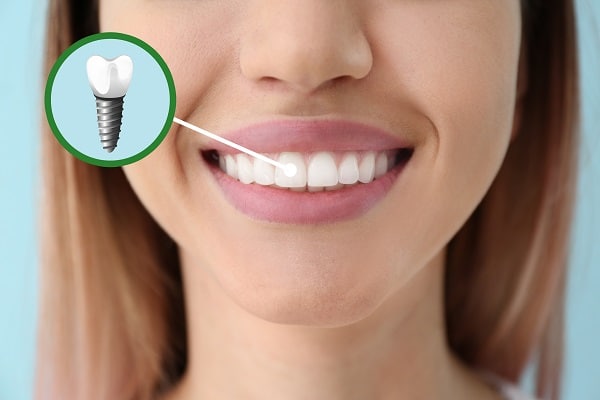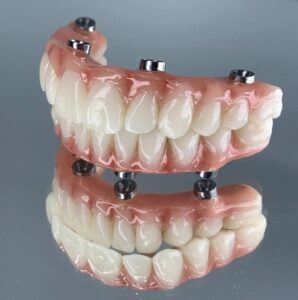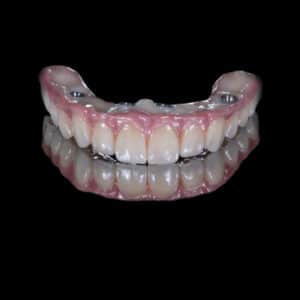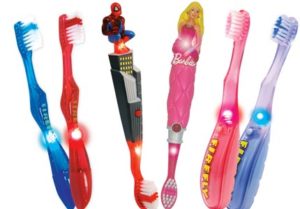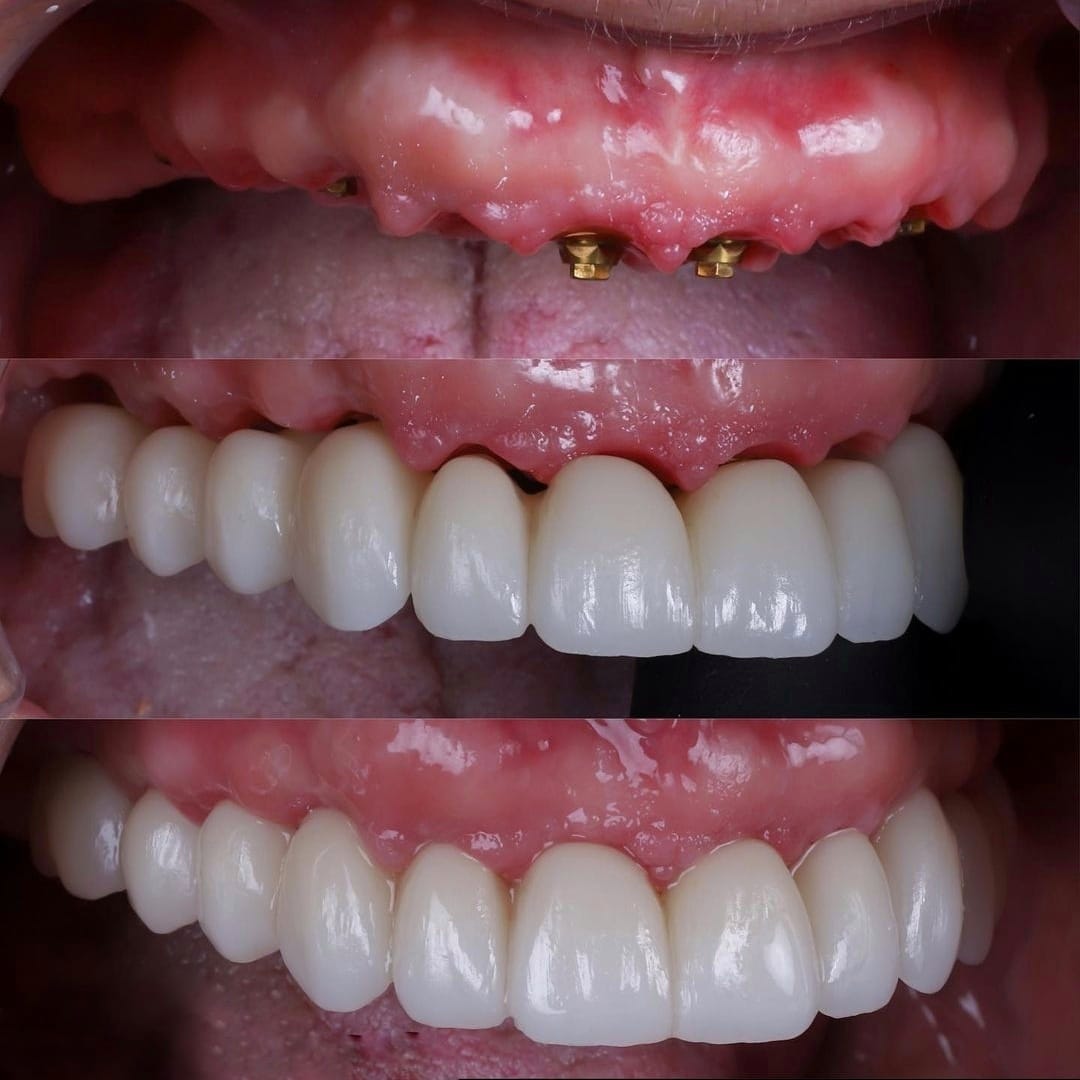
Role of dental implants in restoring oral function
Tags : dental implant benefitsdental implantsdental implants treatmentOral Healthcarewhen to use dental implants
Category : Blog
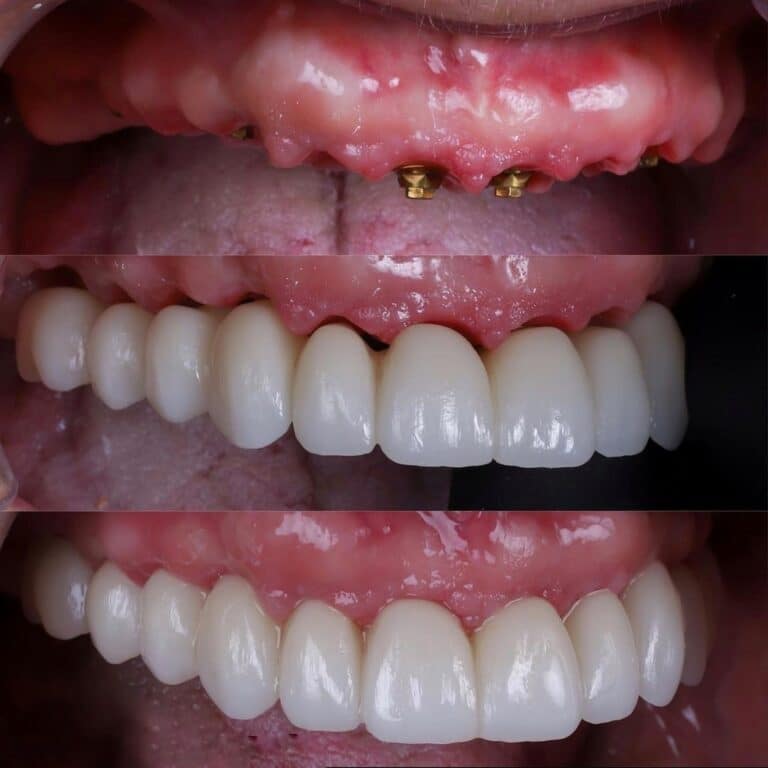
Dental implants are a revolutionary treatment as a fixed replacement for those who have missing or damaged teeth. They have been successfully used in millions of patients across the world. They offer a permanent and stable solution for replacing teeth and restoring oral function.
What is the role of dental implants in restoring oral function?
The most obvious benefit is that they replace missing teeth. In patients who have a single missing tooth or multiple missing teeth, dental implants provide a solution to replace these teeth without the support of the other remaining teeth unlike a fixed bridge, which need support from adjacent teeth. Also, when patients have lost all their teeth, they can provide a fixed solution unlike the removable complete denture.
When a tooth is missing, the surrounding teeth may shift out of place and create a gap. This can lead to difficulty biting and chewing, as well as an increased risk of tooth decay and gum disease. Dental implants fill this gap, providing a stable base for an artificial tooth and restoring the ability to bite and chew properly.
They also play a role in preserving the jawbone. When a tooth is lost, the jawbone in the area begins to deteriorate. This is because the tooth roots stimulate the bone and keep it strong. Dental implants mimic the tooth roots and provide the same stimulation, helping to preserve the jawbone and prevent further deterioration.
Dental implants can be used to support a single artificial tooth, several teeth, or even a full arch of teeth. In cases of several missing teeth or a full arch, implant-supported dentures can be used. These dentures snap onto the implants and are held securely in place, allowing patients to eat and speak with ease.
Another way of restoring the oral function is by using All-on-4 Dental Implants, which is a popular option for people who are missing all of their teeth in the upper or lower jaw. The All-on-4 treatment concept uses just four dental implants to support a full arch of replacement teeth. This approach provides a more cost-effective solution than placing a implant for every missing tooth and can be done in a single appointment.
Dental implants can be used to support a single artificial tooth, several teeth, or even a full arch of teeth. In cases of several missing teeth or a full arch, implant-supported dentures can be used. These dentures snap onto the implants and are held securely in place, allowing patients to eat and speak with ease.
Another way of restoring the oral function is by using All-on-4 Dental Implants, which is a popular option for people who are missing all of their teeth in the upper or lower jaw. The All-on-4 treatment concept uses just four dental implants to support a full arch of replacement teeth. This approach provides a more cost-effective solution than placing a implant for every missing tooth and can be done in a single appointment.
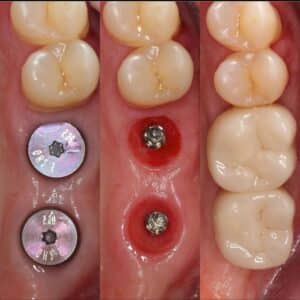
Dental implants also have a significant impact on overall oral health and aesthetics, it can help improve the appearance of a patient’s smile and boost self-esteem and confidence.
Dental implant treatment is a complex process that requires careful planning and execution. It’s crucial to have an experienced dental surgeon, who will help to evaluate the case and provide the best course of treatment.
In conclusion, dental implants play a vital role in restoring oral function by replacing missing teeth, preserving the jawbone and improving oral health, they can also have a positive impact on a patient’s overall well-being by boosting self-esteem and confidence. If you are missing teeth or have a damaged tooth, speak with your dentist to see if dental implants are right for you.
Dental implant treatment is a complex process that requires careful planning and execution. It’s crucial to have an experienced dental surgeon, who will help to evaluate the case and provide the best course of treatment.
In conclusion, dental implants play a vital role in restoring oral function by replacing missing teeth, preserving the jawbone and improving oral health, they can also have a positive impact on a patient’s overall well-being by boosting self-esteem and confidence. If you are missing teeth or have a damaged tooth, speak with your dentist to see if dental implants are right for you.

